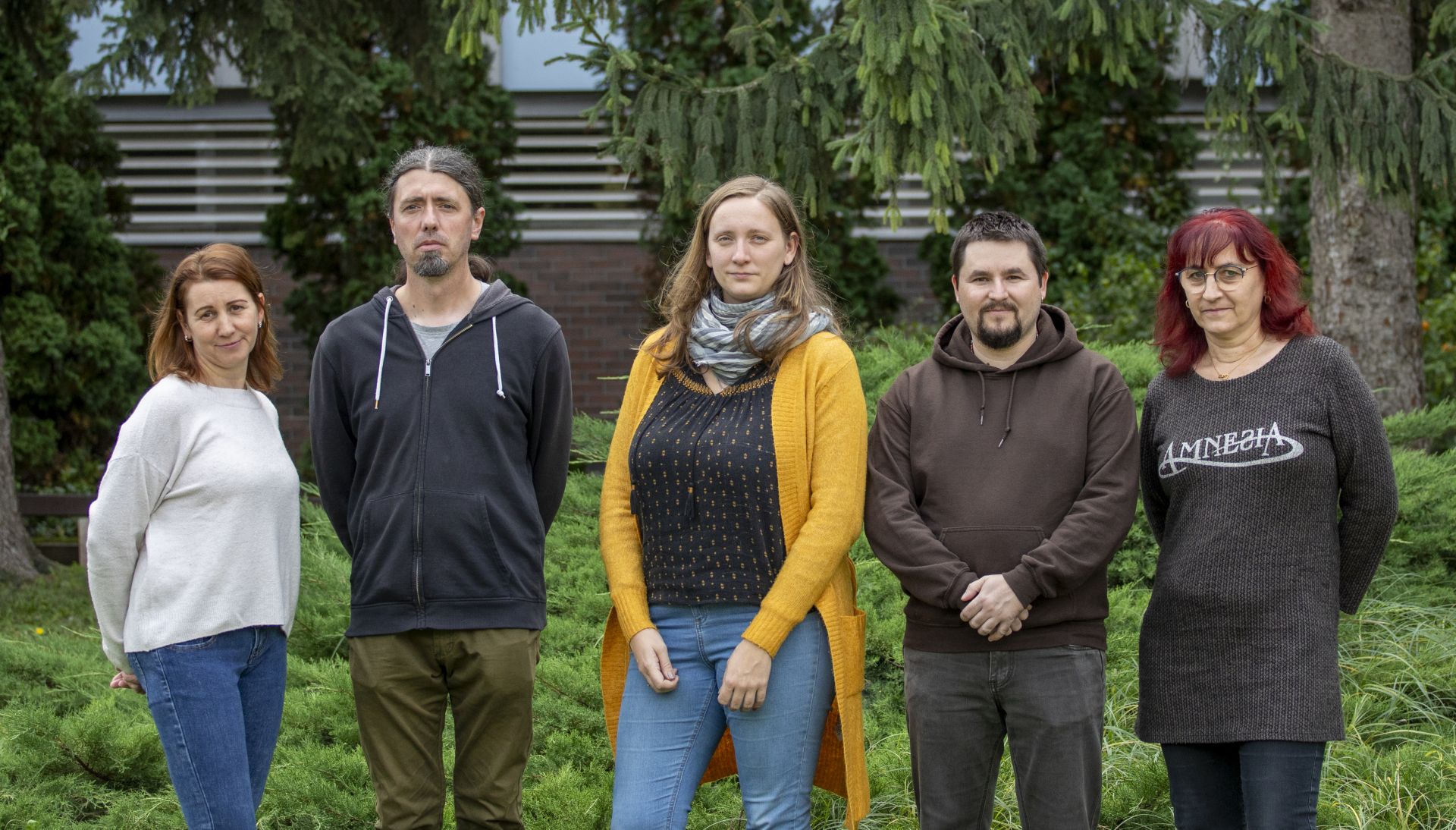About us
The Central Animal House has a service function towards the institutes of the Biological Research Centre.
The animal house not only provides breeding services, but also gives place for research activities. The high-quality housing ensures an optimal environment for purchasing and sustaining different mice, rat, and guinea pig strains and genetically modified lines, as well as for the execution of multiple tests on the aforementioned animals. However, the main task of our animal house is to supply the different research groups with research animals, we are also selling the surplus to external customers.
The research groups pay remuneration after their ordered and utilized animals, as well as after those test animals that require a longer keeping.
The different species, and (when it is possible) even the genetically modified variants of the different research groups are kept in separate rooms,
which are operated on a minimal disease hygiene level. The staff of the animal house consist of four peolpe; all employees have professional qualifications.
The facility operates on an on-call system on public holidays.
Our facility includes a surgery room, and a laboratory room for behavioral research.
Monitoring hygiene is paramount, thus samples of sentinel animals are sent to Hannover in every six months for testing according to the FELASA
recommendation. Sentinel animals are placed in all our animal housing rooms. With the same six-month frequency, we also send sentinel animals to
the Nébih (National Food Chain Safety Office) for parasitological and simple bacteriological status assessment.







